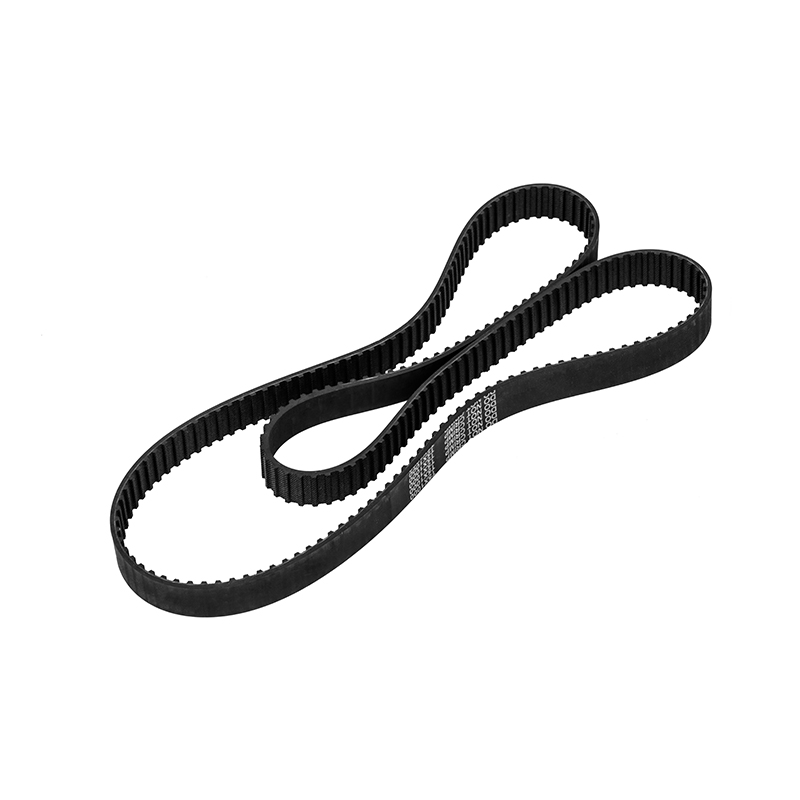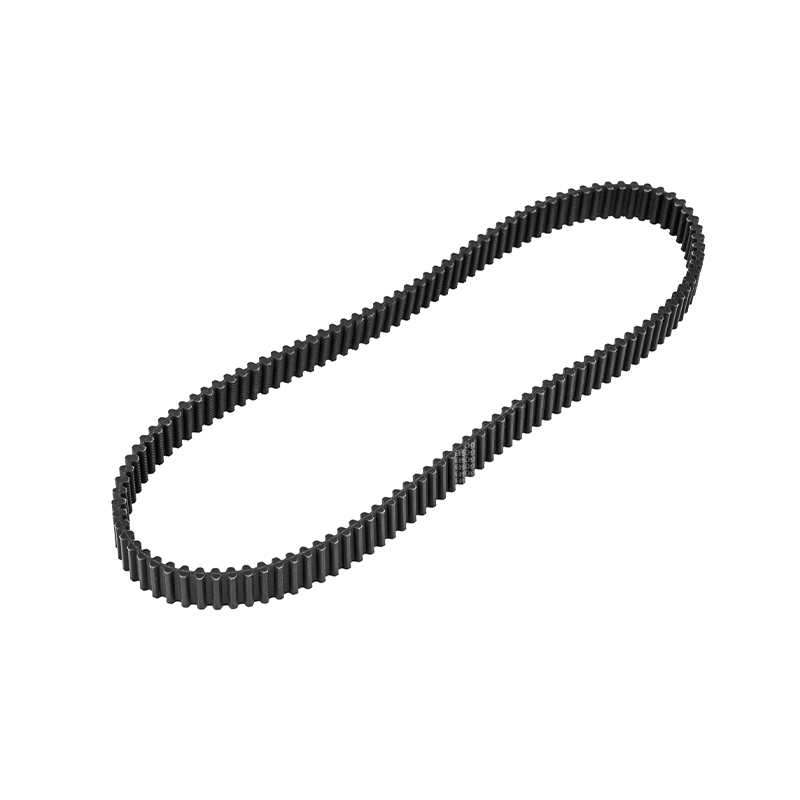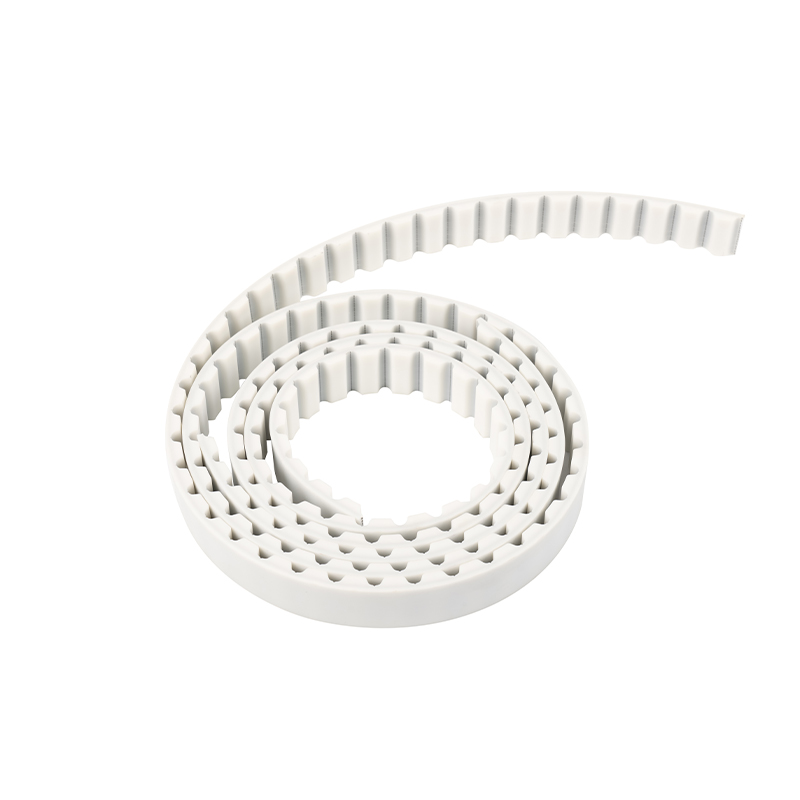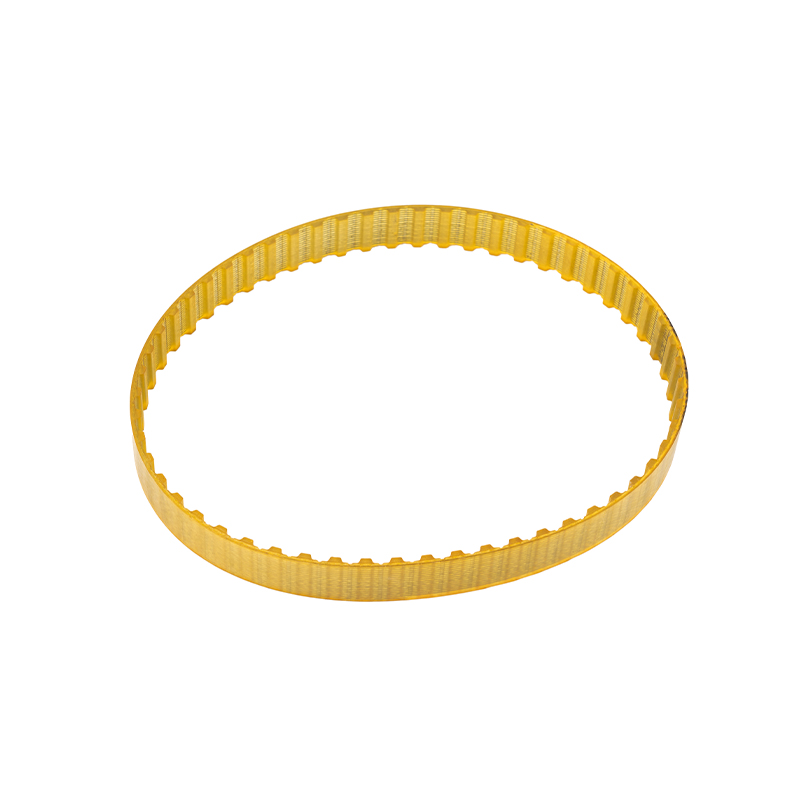How Synchronous Wheels Are Making Industrial Conveyors More Efficient
2025-10-15
Content
Industrial conveyor systems are the backbone of manufacturing and logistics operations, responsible for the seamless movement of materials, products, and goods across various stages of production. With the increasing demand for faster, more reliable, and energy-efficient systems, manufacturers are constantly seeking innovative solutions to improve the performance of their conveyor systems. One such advancement is the use of synchronous wheels—a technology that is significantly enhancing the efficiency, reliability, and precision of industrial conveyors.
What Are Synchronous Wheels?
A synchronous wheel, also known as a synchronous pulley or synchronous drive, is a type of mechanical component designed to transmit rotational power between two or more shafts while maintaining a fixed relationship between their rotational speeds. Unlike traditional wheels that rely on friction to transmit power, synchronous wheels use teeth or grooves that mesh with corresponding teeth or grooves on another wheel or pulley. This ensures that the two wheels rotate in perfect synchronization.
In industrial conveyors, synchronous wheels are typically paired with belts (often timing belts) to drive the movement of materials along the conveyor system. The precise meshing of teeth means that the speed and position of the conveyor are maintained with high accuracy, eliminating slip and reducing the chance of irregular movement or misalignment.
Key Advantages of Synchronous Wheels in Industrial Conveyors
Precise Control of Conveyor Speed
One of the most important aspects of industrial conveyors is maintaining a consistent speed for optimal performance. Synchronous wheels ensure that the power transmission between the motor and conveyor belt is precise, keeping the speed of the belt constant without any fluctuations. This level of control is critical in industries where the timing of material handling is crucial, such as in food production, electronics assembly, or automotive manufacturing.
By eliminating the possibility of slippage or irregular movement, synchronous wheels ensure that products move down the conveyor system at a consistent pace. This is especially beneficial when the conveyor needs to maintain synchronization with other systems or processes, such as robotic arms, automated sorting machines, or packaging lines.
Improved Energy Efficiency
One of the major challenges for many industrial conveyor systems is energy consumption. Traditional conveyor systems that use friction-based power transmission can suffer from energy losses due to slippage, frictional heating, and inefficiencies in the power transfer process. In contrast, synchronous wheels minimize these losses.
Because the teeth of the synchronous wheel mesh with one another, the power is transmitted more efficiently with less energy wasted as heat or friction. This leads to reduced energy consumption over time, lowering operational costs for manufacturers while also contributing to more sustainable production processes.
Reduced Maintenance Costs
Conventional conveyor systems often require frequent maintenance due to wear and tear caused by friction, misalignment, and slip. Over time, this can lead to increased downtime, maintenance costs, and component replacements. Synchronous wheels, however, provide a more durable solution with fewer moving parts that wear out quickly.
Since synchronous wheels eliminate the need for constant adjustments and slippage issues, they help to extend the lifespan of conveyor components, reducing the frequency of repairs and replacements. Additionally, the reduced friction results in less wear on belts, pulleys, and other parts, further lowering maintenance costs and keeping the conveyor running smoothly for longer periods.
Higher Load Capacity
Another significant advantage of synchronous wheels in industrial conveyor systems is their ability to handle higher loads. Traditional friction-based systems often struggle when tasked with moving heavy materials, as the increased load can lead to slippage or inefficient power transmission.
On the other hand, synchronous wheels are designed to provide a secure and firm grip, ensuring that the power is efficiently transferred even under heavy loads. This makes them ideal for use in industries that require the movement of bulky or heavy products, such as logistics, automotive, and mining. The increased load capacity allows for better material handling, enabling conveyor systems to move larger volumes of goods without compromising on speed or reliability.
Minimized Slippage and Reduced Risk of Misalignment
Slippage is a common issue with traditional conveyor systems that rely on friction to transmit power. As the conveyor moves, the drive wheel may slip against the belt, causing the system to lose synchronization or experience inconsistent speeds. This can result in bottlenecks, jams, or misaligned materials on the conveyor.
Synchronous wheels eliminate this risk by ensuring that the motion between the wheel and belt is always perfectly synchronized. Because the teeth of the synchronous wheel mesh tightly with the belt's grooves, there is no chance of slippage, even under high torque conditions. This results in more reliable, stable conveyor performance with minimal risk of misalignment, improving overall operational efficiency.
Real-World Applications of Synchronous Wheels in Industrial Conveyors
The benefits of synchronous wheels can be seen across various industries, each utilizing conveyor systems in unique ways. Below are a few examples of how these wheels are transforming the efficiency of different manufacturing processes:
Automotive Manufacturing
In the automotive industry, precision is critical, especially in the assembly line where thousands of parts need to move through the production process without delays or misalignment. Synchronous wheels provide the precision necessary for synchronizing multiple conveyor belts, robotic arms, and other automation systems to ensure smooth, uninterrupted production. Their ability to handle heavy loads while maintaining accurate timing ensures that parts are delivered to the right location at the right time.
Food and Beverage Processing
The food industry requires conveyor systems that not only operate efficiently but also meet hygiene standards. Synchronous wheels are ideal in food processing plants, where they are used to ensure that products move seamlessly through washing, sorting, packaging, and labeling stations. With their consistent speed and reduced maintenance requirements, they help ensure that food products are handled efficiently and safely.
Electronics Assembly
In the electronics industry, where components are often small and delicate, having a precise and stable conveyor system is essential. Synchronous wheels enable the movement of lightweight components such as circuit boards, chips, and screens without the risk of them becoming misaligned or damaged. This precision is particularly important for maintaining the quality and integrity of electronic devices throughout the assembly process.
Logistics and Warehousing
Logistics centers and warehouses use conveyor systems to move packages quickly and efficiently. Synchronous wheels play a key role in optimizing package sorting and delivery, ensuring that the speed and accuracy of material handling remain consistent even in high-volume environments. This helps improve throughput, reduce errors, and minimize the time it takes to process incoming and outgoing shipments.


 English
English 中文简体
中文简体













